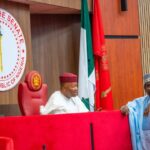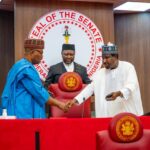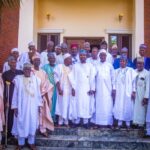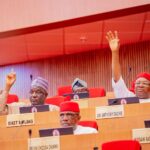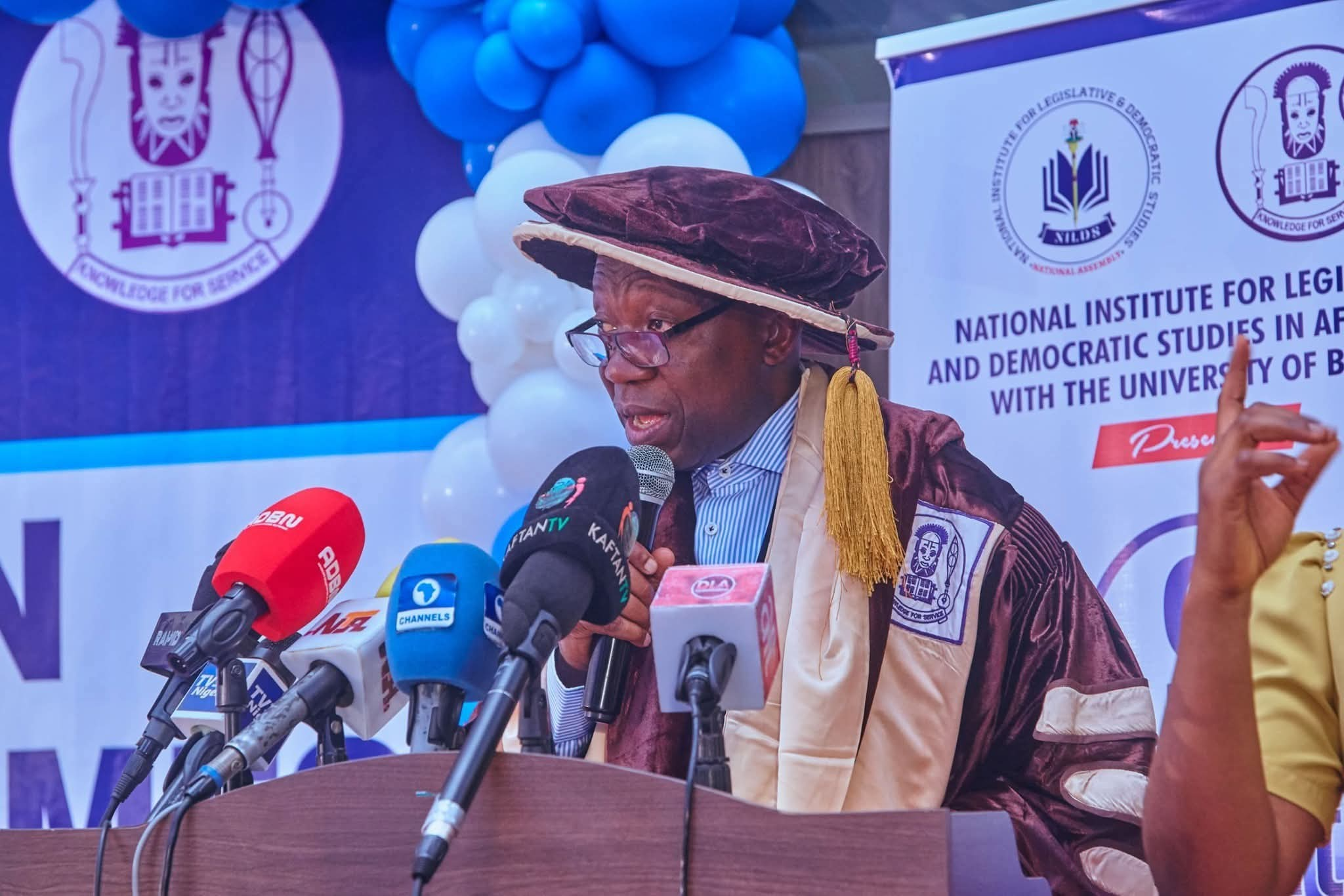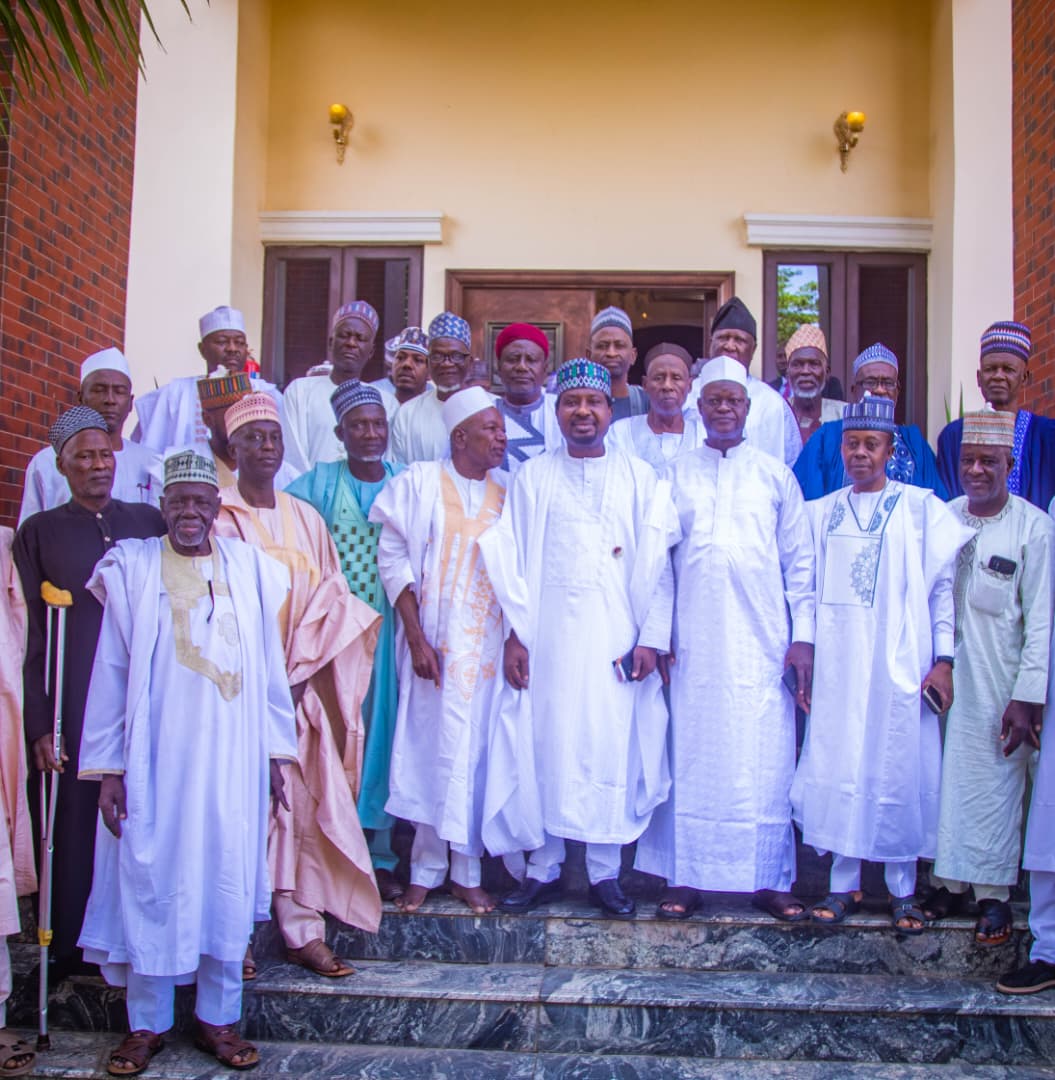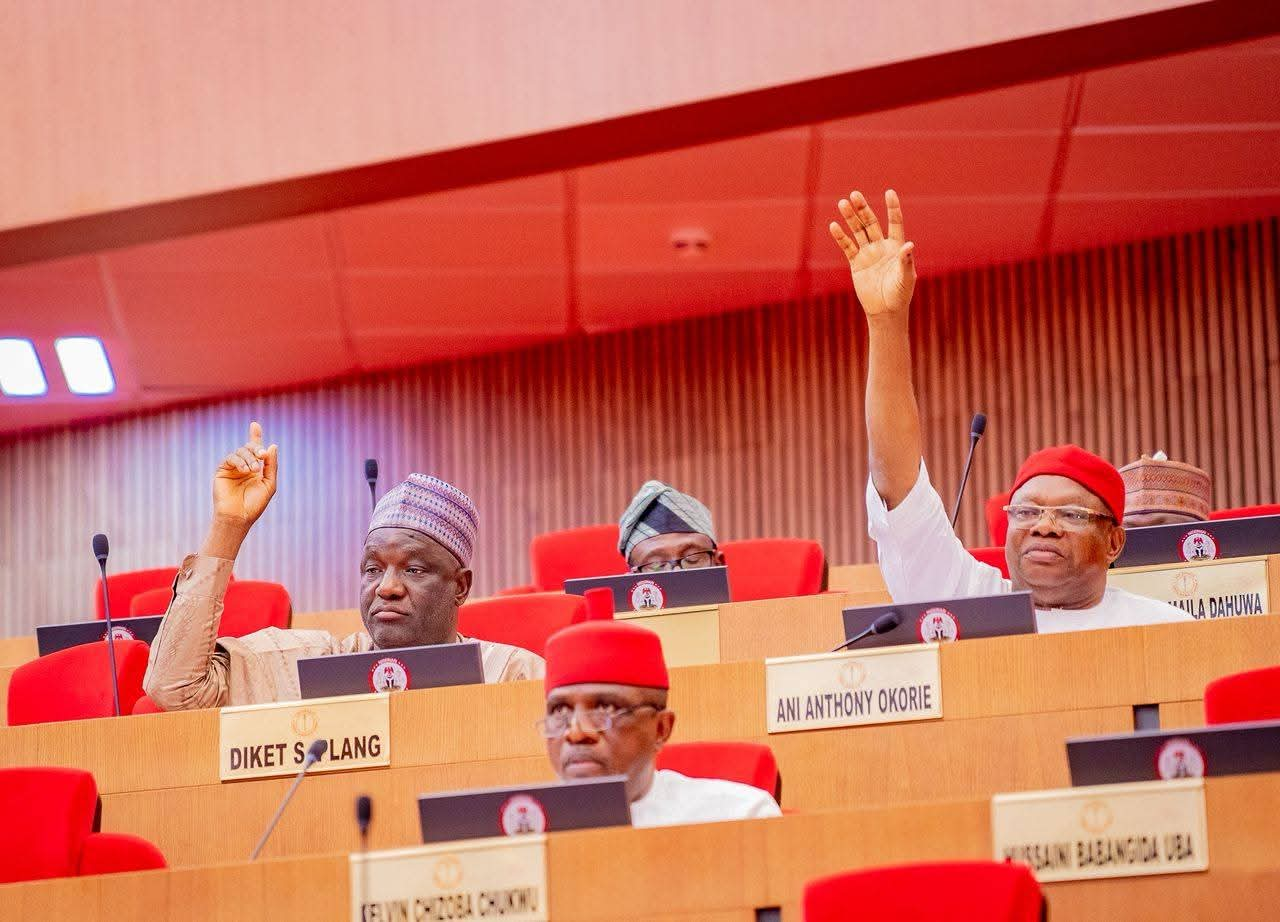Senate President, Godswill Akpabio, has tasked state Houses of Assembly with ensuring effective oversight to ensure that government funds translate into improved livelihoods and job creation for citizens.
Akpabio stated this at the 2025 National Institute for Legislative and Democratic Studies (NILDS)-University of Benin (UNIBEN) Convocation Ceremony in Abuja on Monday.
He called for continuous investment in the development of Nigeria by its citizens.
The Senate President said that the 10th National Assembly, through its oversight functions, had ensured an increase in revenue, which had led to higher allocations to states.
“We have no other country to call our own and so we must invest for the overall good of our country.
“As members of the 10th Senate, we will continue to do our part by strengthening existing legal frameworks and enhancing our oversight responsibilities of public institutions to ensure that they deliver effective public services.
“As a matter of fact, the efforts of the 10th National Assembly in this direction have contributed immensely to increasing the revenue that accrues to the Consolidated Revenue Fund.
“Hence, it has translated into higher revenue allocation to states and the Federal Government.
“I, therefore, call on state legislatures to ensure that the increased revenue to their states translates into improved livelihood and job creation for citizens,” he said.
Akpabio urged the graduands to use the knowledge they had acquired to improve the quality of their work and to always strive to contribute to the nation’s progress.
He said NILDS had continued to set the pace with excellent performance in research, legislative support, and capacity building.
The Senate President who was represented by Senator Aminu Iya Abbas described the convocation as another occasion that demonstrated the institute’s continued commitment to human capital and national development.
Speaker of the House of Representatives, Rep. Abbas Tajudeen, said that the reforms of the President Bola Tinubu-led administration were beginning to yield results.
Although Tajudeen noted that citizens might have different experiences to share, he said it was clear that the economy was on a better growth trajectory than it would have been under a “business-as-usual scenario.”
“Inflation has declined below 20 per cent and the value of the naira is appreciating relative to major global currencies.
“Though it is not yet uhuru, the country is racing closer to a single-digit inflation rate and healthier exchange rate position.
“Consolidating on these gains is therefore critical.
“Just as the President has led the way with the Fiscal Policy and Tax Reforms, the 10th House of Representatives is also committed to reforming the budget process to ensure commitment to budget timelines as it applies to budget preparation, enactment, implementation, and oversight,” he said. The Speaker was represented by the Leader of the House, Prof Julius Ihonvbere.
In a lecture, former INEC Chairman, Prof. Attahiru Jega, said that countries practising liberal, representative, or electoral democracy after a worrisome history of authoritarian military rule, like Nigeria, needed constant vigilance and effort to prevent democratic regression or backsliding.
Jega stressed the need to deepen democratic development towards consolidation and sustainability.
According to him, this has become necessary given what scholars have described as a global crisis of democracy, characterised by “autocratisation.”
Earlier, Director-General of NILDS, Prof. Abubakar Sulaiman, said that the 2025 convocation was to celebrate the graduation of 19 Higher National Diploma graduands, nine Post-Graduate Diploma graduands, and 51 Master’s degree recipients of NILDS/UNIBEN postgraduate programmes.
Sulaiman, however, called for increased funding for higher institutions in the country to enhance skills development.
“I want to use this occasion to call on the government to continue to prioritise funding for tertiary education through increased budgetary allocation.”


